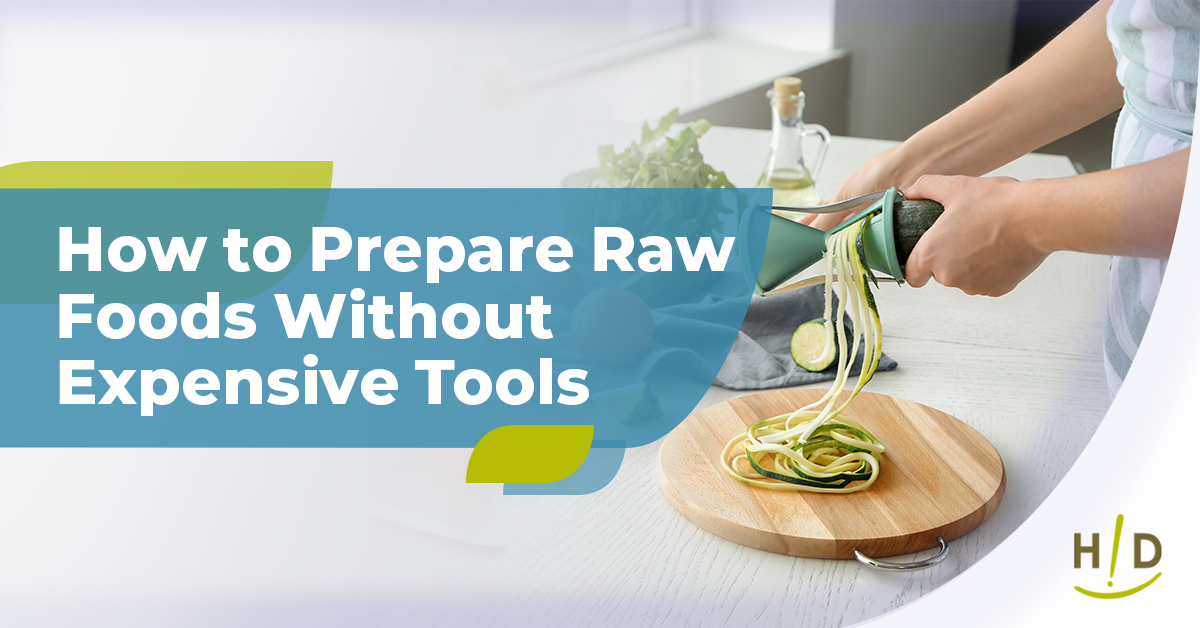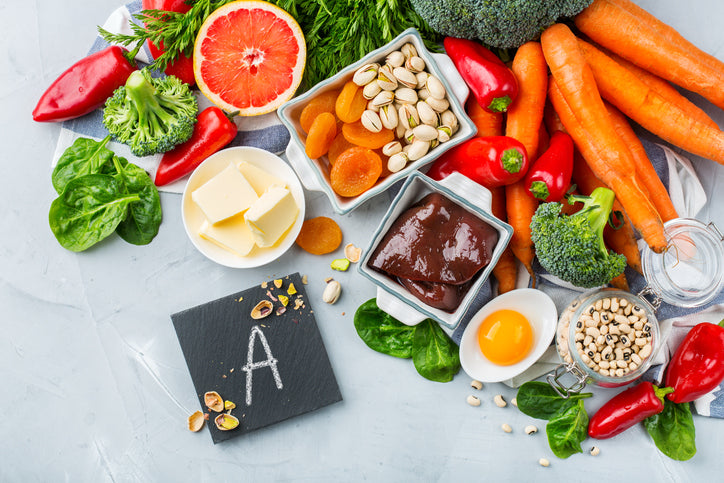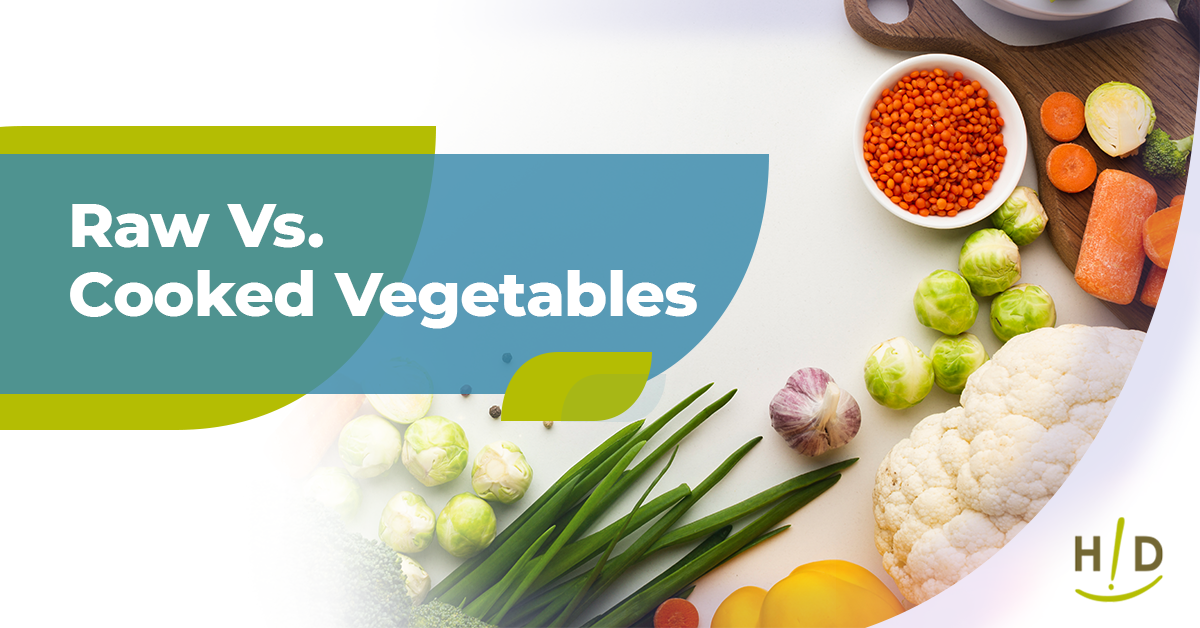A raw food diet is a plant-based way of eating whole food that has not been cooked or processed with heat, or at the very least, never heated above 118 degrees, so that the nutritional content of the food is not destroyed by cooking.
Maintaining a raw food diet when you are just beginning can seem complicated and a bit expensive at first. Finding truly organic, non genetically modified, pesticide, and chemical-ridden fruits and veggies can be hard at first, and the prices may seem steep. In addition to that, not everyone can immediately afford to go out and get a juicer, food processor, mandolin, or spiralizer.
Going raw is a fantastic way to reap so many healthy rewards for every aspect of your entire body, but what do you do if you can't quite get a hold of the kitchen tools needed? What happens if you're between paychecks or currently in a financial tight spot and a recipe calls for spiralized zucchini and blended dates?
Don't worry. We're here for you! Here are some great tips on how to prepare raw food without expensive tools so you can begin taking the steps needed toward a healthier you right now until you can get the chance to purchase what you need.
What to Use if You Don't Have a Mandolin or Spiralizer
A mandolin slicer is a device made of a flat surface fitted with extremely sharp blades that let you quickly slide vegetables and fruits precisely and (for the most part) far more safely than with a knife. To use one, you slide an item back and forth across the sharp blade to get perfect, uniform slices that emerge below. A spiralizer is a kitchen tool that resembles almost that of a giant pencil sharpener—except you use it on vegetables and fruits! Hand-operated spiralizers have one end to hold the product in place near a blade, while a hand crank turns the item, and thin spirals of fruit or veggies are cut from the product. A spiralizer is a fantastic tool to make your own raw, vegan vegetable noodles or whatever you like. However, you may not have a mandolin slicer or spiralizer in your kitchen, or perhaps you do, but it's not very useable anymore. What do you do? To get the same effect these tools provide, try using whatever kind of vegetable peeler you have in your home. It will no doubt take longer, but if you don't have the spare cash at the moment—it's a great tool to use until you can get a mandolin or spiralizer.Chopping Without a Food Processor
There are a few great alternatives to a food processor if you don't have one and aren't ready to hand-chop many vegetables. A food processor is a kitchen tool that is meant to be multi-purpose and do things that a regular blender cannot do, such as pulverize, blend, shred, chop, slice, grate and blend both wet and dry ingredients. If you have any of these other items in your kitchen, you can use these in place of a food processor for the time being.For Mixing
- Stand mixer
- Electric hand mixer
- Whisk
- Blender
- Hand-held egg beater
- Spoon
For Pureeing:
- Blender
- Masher
- Rolling pin and plastic bag
- Juicer
- Knife
For Chopping and Dicing:
- Hand chopper
- Knives
For Grinding:
- Mortar and pestle
- Meat grinder
- Herb grinder
- Blender
- Coffee grinder
For Shredding:
- Cheesegrater
- Blender
- Knives
- Food Slicer
- Peeler
- Meat Shredding claws
- Forks
These food processor alternatives should get the job done.
How to Juice Without a Juicer
Juicers are an amazing investment when beginning or continuing your raw food diet, yet they can be an expense that may not be feasible right at this moment. While you wait for your dream juicer to go on sale, your standard kitchen blender, a bowl, and a fine mesh to strain the juice from the blender might be a perfect solution for now.Grinding Without a Spice Grinder
Luckily, there are many different varieties of spice grinders on the market at relatively affordable prices. However, if you don't have the money to spend on one right now, you can use a Microplane grater to grind them. You may already have one of these lying about the house. Some Cheese graters come with a strip of tiny holes, or you can find a model that's generally a strip of small grates on a handle. Slowly run the whole spice down the length of the teeth on the grating side, or don't be afraid to buy your spices pre-ground in bulk. (Make sure they're certified organic and GMO-free.)Dehydrating Without a Dehydrator
This is a little bit trickier when following the raw food diet. Many will advise you to use your oven or a toaster oven. The issue with that, of course, is that most instructions to dehydrate items like fruit will tell you to set the temperature at or around 200 degrees F. As you read earlier, anything above 118 degrees F begins to break down and reorganize those fantastic enzymes and nutrients that you need to preserve to get the most out of your raw food. Another aspect of being cautious when dehydrating, especially fruits, is that the sugar content increases due to dehydration. So those of you concerned about sugar intake, diabetics, and so on should attempt to eat less dehydrated fruits than non-dry fruits. So, the question you may have is—is there anything that can be dehydrated at or below 118 degrees F that fits into the raw food diet guidelines? Luckily, there is! Here is a list of foods that can be dehydrated between 110-115 degrees F.- Apples
- Apricots
- Bananas
- Grapes
- Pears
- Peaches and Nectarines
- Pineapple
- Persimmons
- Prune Plums
- Rhubarb
- Strawberries
- Watermelon
- Mangoes
- Guava






